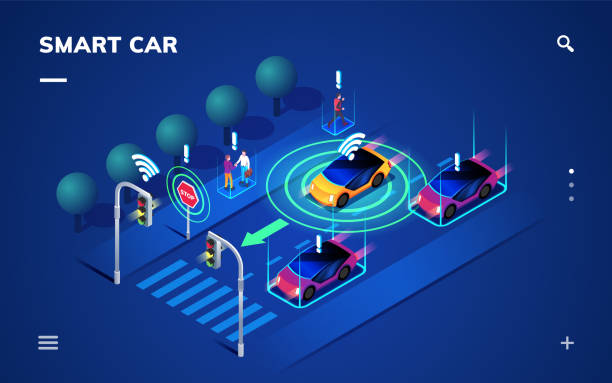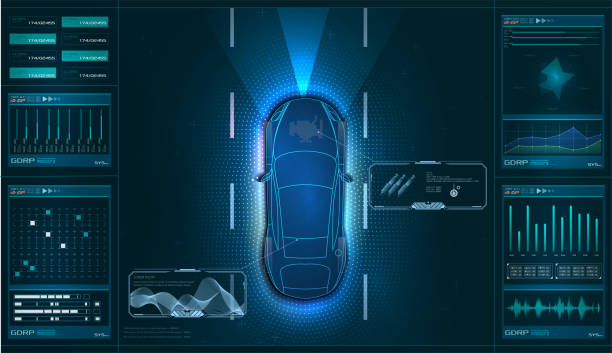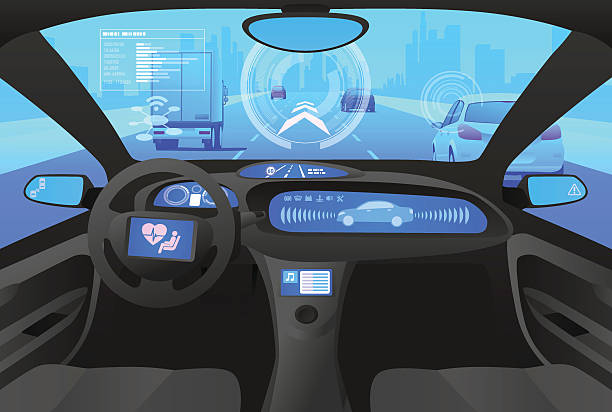Introduction
The emergence of autonomous vehicles (AVs) has been one of the most significant technological advances in recent years. AVs represent a significant shift in how we think about transportation, and they have the potential to revolutionize our lives. However, this technology also poses ethical challenges that must be addressed before AVs become a widespread reality. In this essay, we will explore the technological changes that have led to the development of AVs and the ethical challenges that must be addressed before this technology can be safely and responsibly integrated into our society.
Technological Changes
The development of autonomous vehicles has been made possible by several key technological changes. These include advances in machine learning and artificial intelligence, as well as improvements in sensors and computing power.
Machine Learning and Artificial Intelligence
Machine learning and artificial intelligence are at the heart of autonomous vehicles. These technologies allow vehicles to analyze and interpret data from sensors and make decisions based on that data. Machine learning algorithms are trained on large datasets, allowing them to identify patterns and make predictions. This is particularly useful in the context of AVs, where the ability to recognize patterns and predict outcomes is essential for safe and efficient operation.
Sensors
Another critical technological advancement that has enabled the development of AVs is the improvement of sensors. AVs use a variety of sensors, including cameras, lidar, and radar, to detect their surroundings and navigate through the environment. These sensors allow AVs to detect obstacles, pedestrians, and other vehicles and adjust their behavior accordingly.
Computing Power
The computing power required to run the complex algorithms that enable AVs to operate safely and efficiently is also a critical technological change. AVs require significant processing power to analyze the data from sensors and make decisions in real-time. Advances in computing power have made it possible to process this data quickly, enabling AVs to respond to changing conditions on the road quickly.
Ethical Challenges
While AVs hold significant promise for improving safety, reducing congestion, and enhancing mobility, they also pose significant ethical challenges that must be addressed before they can be safely integrated into our society.
Safety
One of the most significant ethical challenges associated with AVs is safety. AVs must be designed to operate safely in a variety of conditions, including adverse weather, complex traffic situations, and unexpected events. While AVs have the potential to be safer than human drivers, they are not infallible, and accidents will still occur. AVs must be designed to minimize the risk of accidents and to protect passengers, pedestrians, and other road users in the event of a collision.
One significant safety concern associated with AVs is the potential for cyber attacks. AVs rely on complex computer systems to operate, and these systems are vulnerable to hacking and other forms of cyber attacks. A cyber attack on an AV could result in a loss of control, causing the vehicle to crash or behave unpredictably on the road. AVs must be designed with robust cybersecurity measures to prevent these types of attacks.
Privacy
Another significant ethical challenge associated with AVs is privacy. AVs collect a significant amount of data about their surroundings, including information about other road users and the environment. This data could be used to track the movements of individuals or to identify individuals based on their behavior on the road. AVs must be designed with strong privacy protections to prevent the misuse of this data.
Responsibility
Another ethical challenge associated with AVs is responsibility. Who is responsible when an AV is involved in an accident? Is it the manufacturer of the vehicle, the software developer, the owner of the vehicle, or the passenger? AVs must be designed with clear lines of responsibility to ensure that all parties involved are held accountable in the event of an accident.
Social Impact
Finally, AVs have the potential to have a significant social impact. They could lead to significant changes in the social life.




0 Comments